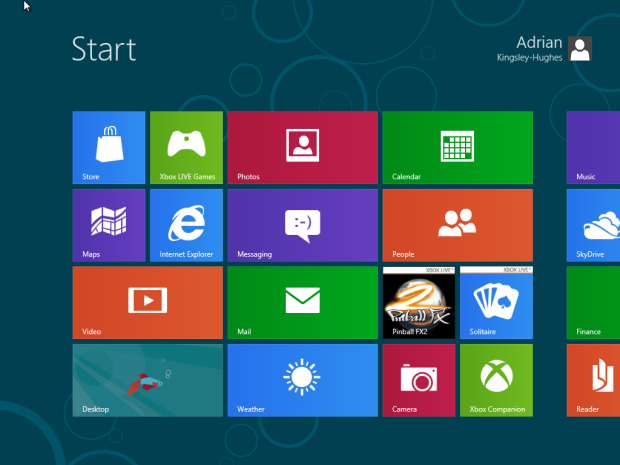Bring Metro apps to Windows 7 to encourage developer growth

More than six months on from Microsoft's Windows 8 BUILD event, there are only 99 apps in Microsoft's Windows 8 Store. This certainly seems to suggest that developers are dragging their heels when it comes to supporting Microsoft's upcoming platform.

You can also look at this the other way. If developers feel that interest in a new platform is going to be soft, then they're less likely to bother supporting the platform and concentrate development time -- and dollars -- on platforms that already have a large user base. There are a lot of platforms out there to develop for, and only so much development time and dollars to go around.
With less than a hundred apps in the Windows 8 Store so far, I get the feeling that developers are feeling that Windows 8 might be a gamble. The big developers might wait for general release before releasing apps, but for a small developer the exposure of being in the Windows 8 app store now with a product -- even a demo -- is the sort of exposure money can't buy.
There is however a simple way that Microsoft could make Metro apps more relevant. It would take some effort but it would give developers more confidence in developing Metro apps by removing the reliance on Windows 8.
So what should Microsoft do? Simple: backport support for Metro apps to Windows 7. I don't mean the entirety of the Metro UI, just support for app and perhaps a Start Screen launcher that could run as a separate application. Touch support will be non-existent, but that doesn't matter since not all Windows 8 systems will support touch. I think that touch support will be in the minority for the entire lifespan of Windows 8, and Metro apps can be controlled with a keyboard and mouse.
The apps that I've seen developed for Windows 8 so far -- and I think I've used pretty much all of them -- would work just as well in Windows 7, or even Vista for that matter -- but that was hardly a popular platform to begin with.
Opening up Metro apps to Windows 7 users would give developers a real reason to start developing. It decouples the success of these new style apps from the success of Windows 8 itself. Using Windows 7 as a platform for Metro apps would give it an instant user base of millions. And that's the sort of thing that makes developers sit up and take notice.
Image credit: Microsoft.
Related:
- Will Windows 8 drive sales of touchscreen notebooks?
- 600,000 apps in Apple's App Store, yet I can't find anything I want
- Why Windows 8 won't reimagine hardware that much
- Windows 8 is ready for 'Retina' display screens
- Windows 8 Consumer Preview - The good, the bad and the ugly
- Windows 8: Can we live without the desktop?